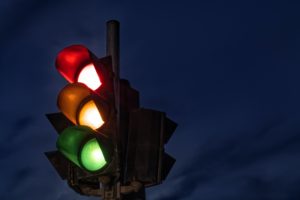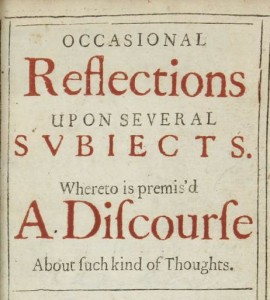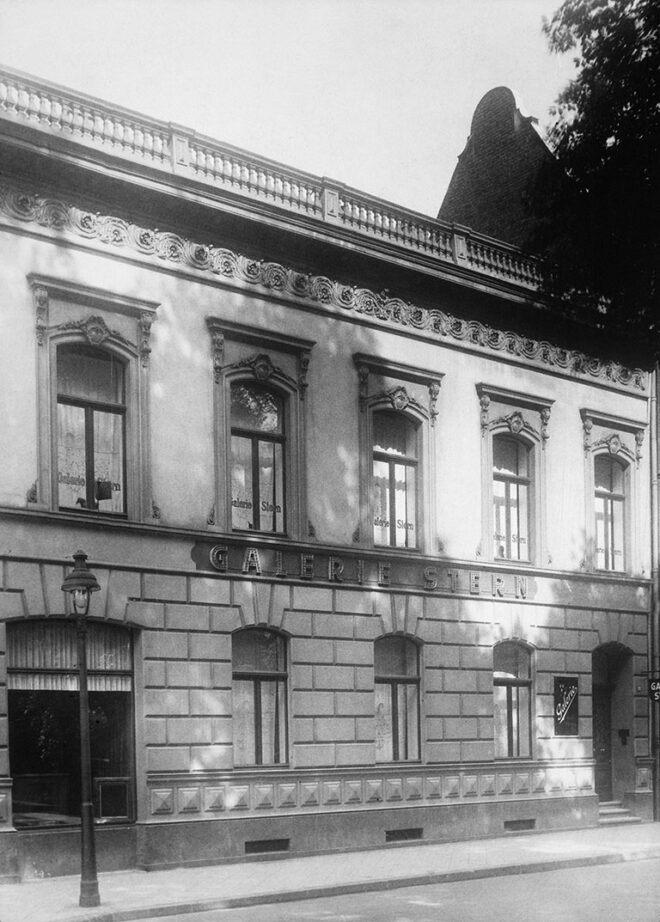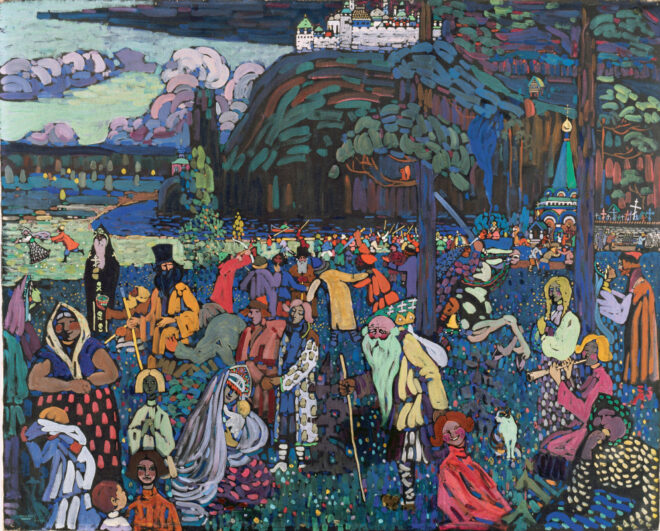The judgment of the Federal Supreme Court (Bundesgerichtshof) in the “Lost Art” database case so far has attracted attention primarily because of its significance for art and restitution law. However, it has something to offer not only in terms of substantive law (more on this will be forthcoming shortly), but also in terms of procedural law: In the judgment published yesterday, the court also considered the question of international jurisdiction based on the failure of a defendant domiciled outside a Member State of the European Union to object to the jurisdiction of the German courts. Read More
Category: Art Law
Art Law: Lewenstein Heirs v. Bayerische Landesbank – Recommendation of the Advisory Commission
In the case of the heirs of Hedwig Lewenstein Weyermann and Irma Lewenstein Klein v. Bayerische Landesbank, the Advisory Commission’s decision recommending the restitution of Wassily Kandinsky’s painting Das bunte Leben (The Colourful Life) was published on 13 June 2023. Following a decision to that effect by the Bavarian Landtag, the federal state’s legislature, Bayerische Landesbank has now decided to accept the recommendation and to return the painting. Bayerische Landesbank is a public sector bank owned by the Bavarian state and the Bavarian Sparkassen. Read More
Art Law and the New German Government: Legislative Goals for Looted Art and Restitution
 Today’s election of Olaf Scholz as Angela Merkel’s successor marks the official start of the new „traffic light“ coalition government. The new government draws its name from the colours traditionally associated with the supporting parties: „red“ Social Democrats, „yellow“ Liberals and the “Green” Party. These three parties have set out their legislative programme in a 177-page coalition agreement (Koalitionsvertrag). Both Nazi looted art and art from a colonial context feature in the Coalition Agreement. Almost inevitably, like in other fields, the Coalition Agreement is short on detail. For Nazi looted art, however, its brevity notwithstanding, the Coalition Agreement defines four concrete legislative goals*. Here they are, with my initial assessment: Read More
Today’s election of Olaf Scholz as Angela Merkel’s successor marks the official start of the new „traffic light“ coalition government. The new government draws its name from the colours traditionally associated with the supporting parties: „red“ Social Democrats, „yellow“ Liberals and the “Green” Party. These three parties have set out their legislative programme in a 177-page coalition agreement (Koalitionsvertrag). Both Nazi looted art and art from a colonial context feature in the Coalition Agreement. Almost inevitably, like in other fields, the Coalition Agreement is short on detail. For Nazi looted art, however, its brevity notwithstanding, the Coalition Agreement defines four concrete legislative goals*. Here they are, with my initial assessment: Read More
The Month in Retrospect: What Else Happened in August 2021
 Coping with the Diesel Caseload
Coping with the Diesel Caseload
The Volkswagen wave of Diesel cases may be ebbing off in the lower courts, but Diesel-related claims against other manufacturers continue to be filed. In the Stuttgart district court (Landgericht), the number of new civil cases is up by 60%, driven primarily by Diesel claims against Daimler. And increasingly, cases end up in the Federal Supreme Court (Bundesgerichtshof). This had let the court to temporarily create an additional senate, i.e. a bench of five judges. a measure that is taken extremely rarely. It helps distributing the burden more equally across the bench, but does not add capacity, as the number of judges appointed to the Federal Supreme Court does not change. Read More


